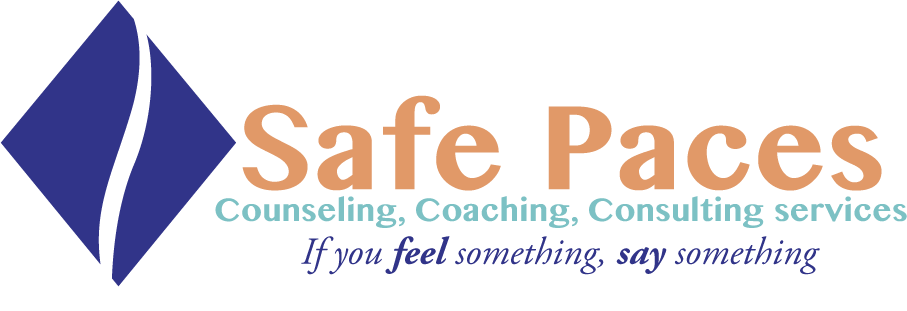
How do I schedule a counseling appointment?
If you’d like to schedule an appointment, or if you have any questions, you can call me at (202) 831-3760, send me a message through my contact form or email me at Dr.Dre@safepaces.com.
When are you available for sessions?
I am currently in the office on Thursday 6pm to 8pm, Fridays with appointments available from noon to 7pm, and Saturday from 9am to 3pm.
I offer in-office counseling sessions from my DC office, as well as video or phone counseling sessions.
What is your rate for counseling sessions?
My average rate for a standard 50-minute session is $125 for individuals, $150 for couples and family sessions. I do offer a sliding scale too, ranging from $110 to $150. I do offer session up to 110 minutes (where appropriate), based on need and availability.
Payment is required at the end of each session. I accept all major credit cards, checks and cash, as well as HSA and FSA cards. I also use Paypal and CashApp services as payment options as well. There is a $5 discount if paying with cash (please have correct change).
Do you take insurance?
While I do not take insurance as a direct form of payment, your sessions can be covered by your personal insurance, partly or in full, under your “out-of-network” benefits. If you would like to use your insurance for you counseling sessions, I can provide you with a Statement for Reimbursement form (also called a Superbill) for you to submit directly to your insurance company for partial or full reimbursement. Please note that that in order to receive reimbursement by your insurance, I must give you a mental health diagnosis that will become part of your permanent medical record.
Some insurance companies do not provide coverage for counseling, so be sure to contact your insurance provider to ask if you have “out-of-network” coverage for counseling sessions.
How does counseling work?
Usually, the primary goal for the first session is to listen to your presenting issues, gauge how you feel about counseling and to determine if working together would be beneficial to you. Based on our discussion, I will make some tentative recommendations for the focus, frequency and length of counseling. These are subject to change as we get more familiar with one another.
I will determine the best strategies and approach for working with you based on our conversations and your expressed goals. Examples of goals in counseling may be:
-
Decrease feelings of anxiety and unwanted thoughts or behaviors.
-
Exploration of life meaning and purpose and spirituality
-
Deeper self-awareness and increased self-acceptance by exploring and processing underlying issues emanating from deep-rooted fears and insecurities
-
Create and establish life balance
-
Create and establish healthier boundaries and relationships
-
Increase ability to communicate in a healthy way
Counseling should continue until you believe you have met your goals. No matter what brings you to counseling, effective counseling helps most people walk away feeling more confident, purposeful, reflective and efficacious as a result.
Do you work with couples? Groups?
Yes, I do work with couples and small groups. I really enjoy both dynamics and each has their pros and cons relative to individual therapy. I find that group work is especially advantageous with young people. It just all depends on the needs of the client or clients. For new clients interested in couples counseling, I am happy to refer you to some wonderful couples therapists who I know and trust.
Do you work with veterans?
I am working more and more with veterans. I also work with colleagues who focus exclusively on war veterans and am able to accommodate.
